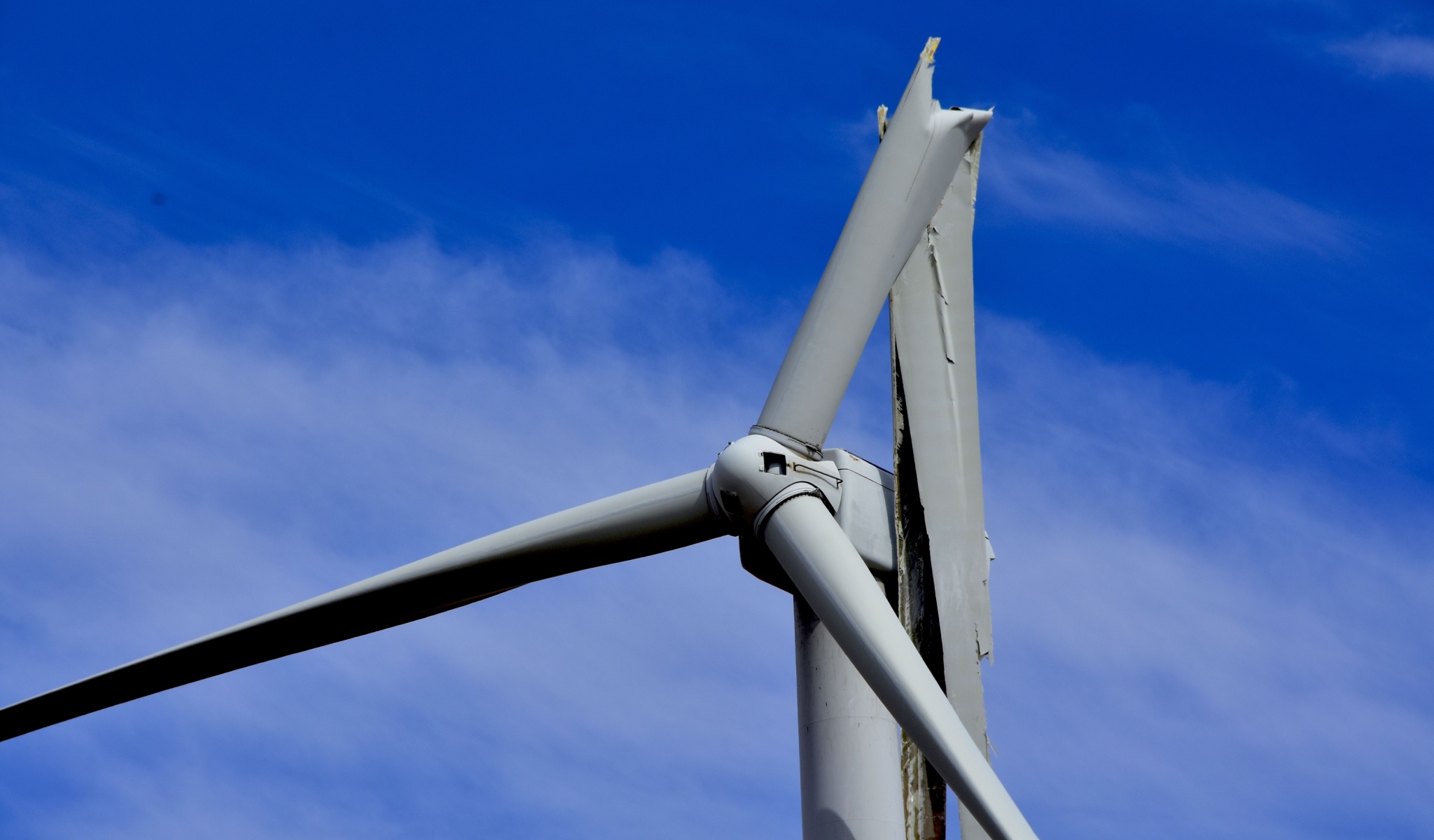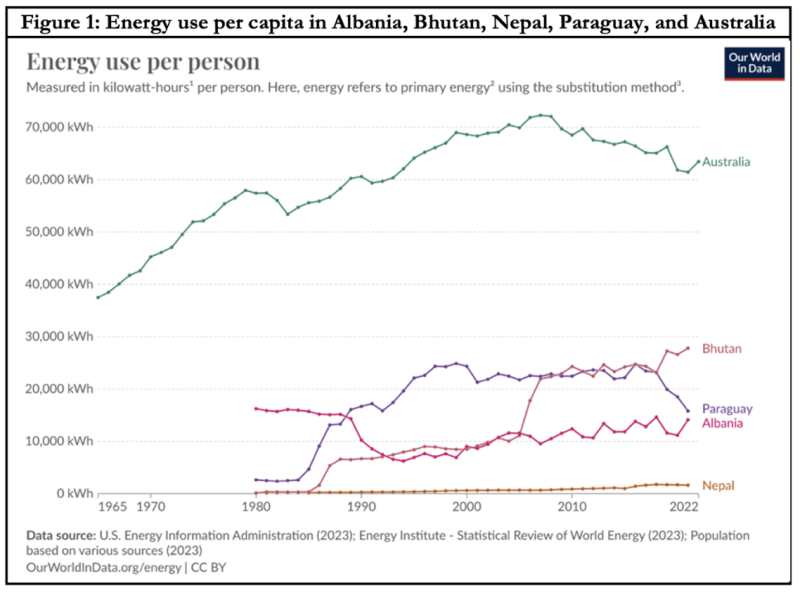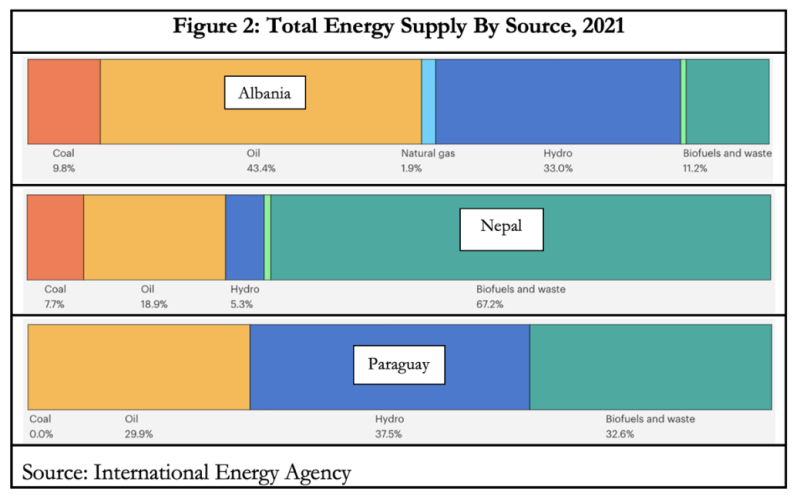
In two articles on this site on November 13 and March 18, Andrew Lowenthal explained the intimate connections in the Virality Project between the US government, Stanford University, and Big Tech, to enforce Covid orthodoxy via the Censorship Industrial Complex. A similar collusion has operated in Australia but not, as far as we know, as an initiative of the security state.
This is the ABC RMIT Fact Check Unit. It is hosted jointly by the Royal Melbourne Institute of Technology (RMIT) that is mostly a publicly funded institution and the public broadcaster the Australian Broadcasting Corporation (ABC) that is entirely funded by the state. It describes itself rather grandiosely as a partnership that combines “academic excellence and the best of Australian journalism to inform the public through an independent non-partisan voice.” This boast has helped to provide plausible cover for enforcing the orthodoxy of the medical establishment that suffers from the delusion that it is the single source of medical scientific truth.
The self-important pretentiousness was punctured this week. During a radio interview with 2GB host Ben Fordham on March 18, businessman Dick Smith said, “No country has ever been able to run entirely on renewables – that’s impossible.” He said this in the context of advocating for nuclear power to be added to Australia’s energy mix.
The Fact Check
ABC RMIT Fact Check promptly investigated this and adjudged that “experts consulted by RMIT ABC Fact Check suggested Mr Smith’s statement doesn’t hold up.”
In a follow-up interview on 2GB on March 25, Smith was angry. “The whole document is full of misinformation and lies, it’s designed to discredit me. Absolutely disgusting,” he told Fordham. He demanded immediate corrections from the taxpayer-funded broadcaster’s fact-check unit and threatened defamation action otherwise as the verdict was damaging his credibility.
US columnist Michael Shellenberger, who played a central role in breaking the Twitter Files story, said:
The Australian government is demanding that X, Facebook, and other social media companies censor content that its fact-checkers say is inaccurate. But now, one of the government’s main fact-checker groups has been caught spreading misinformation about renewables and nuclear.
X owner billionaire Elon Musk joined in, posting that “Having government ‘fact-checkers’ is a giant leap in the direction of tyranny!”
Bizarrely, to support its negative verdict on Smith, the fact check quoted Stanford University’s Professor Mark Jacobson to the effect that California had “been running on more than 100 per cent WWS [wind-water-solar] for 10 out of the last 11 days for between 0.25 and 6 hours per day.” Similarly, the fact check cited a forecast from the Australian Energy Market Operator that renewables will be able to meet the entire demand of the national electricity market by 2025, “albeit for short periods of time (for example, 30 minutes).”
This demonstrates gross reading comprehension problems. Or is it elementary maths? If California has been relying on renewables for between 0.25 and 6 hours per day, quite clearly that confirms Smith’s claim, for renewables could not manage power needs for between 18 to 23.75 hours per day. In addition, Smith claimed subsequently, California can draw on its own and two other states’ nuclear power as base-load backup power to renewables. Nor does a 30-minute capacity indicate the ability to meet Australia’s electricity demand 24/7 for 365 days a year.
The Proliferation of Fact-Checkers
The fact-check industry came into its own during the Covid years, gained in popularity, and proliferated in numbers of organisations and individuals. However, they typically operated with little transparency and clarity on the credentials of the fact-checkers and their qualifications to adjudicate between world-renowned experts making competing claims. After all, contestation is normal in scientific discourse. Anything that cannot be questioned but relies on authority alone is dogma, not science.
A good example of this syndrome was provided to this site on March 27 by Peter Gøtzsche, co-founder of the Cochrane Collaboration and Professor of Clinical Research Design and Analysis at the University of Copenhagen, who has published more than 97 papers in the “big five” medical journals (JAMA [Journal of the American Medical Association], Lancet, New England Journal of Medicine, British Medical Journal, and Annals of Internal Medicine).
Gøtzsche had produced a video of a conversation he had with Professor Christine Stabell Benn, “one of the most outstanding vaccine researchers in the world.” On their own Broken Medical Science site, the video (published last October) is described thus:
In this episode, Peter C Gøtzsche discusses with Professor Christine Stabell Benn the research that has shown that live, attenuated vaccines reduce total mortality by much more than their specific effects would predict; that non-live vaccines increase total mortality; that the order in which the vaccines are given is important for mortality; what the harms are of the Covid-19 vaccines; and why they are overused.
After reading Martin Kulldorff’s story in the City Journal on March 11 of how he was fired by Harvard University, Gøtzsche decided to test YouTube and put up the video on March 24. It was taken down within an hour for violating its medical misinformation policy. They appealed but having “reviewed your content carefully,” YouTube “confirmed that it violates our medical misinformation policy.” Gøtzsche was very impressed that YouTube fact-checkers were able to conduct a careful and thorough review of a 54-minute conversation, involving two internationally eminent medical experts, in less than an hour.
Is it any wonder that fact-checkers were quickly discredited for several reasons. They took official claims by governments and the WHO as authoritative and true. This produced some hilarious flip-flops as the narrative on Covid changed with respect, for example, to the likely origins of the coronavirus in Wuhan’s wet market or the research laboratory in the Wuhan Institute of Virology located just a few kilometres away. Also with respect to claims that the vaccines stop infection, transmission, and death.
Second, fact-checkers were shown to have a pronounced left-liberal bias. Third, their modus operandi turned out to be to ask different experts for their reactions to the claims under investigation and then side with the experts who aligned with their own bias. Fourth and most importantly, when challenged in court Facebook’s defence in December 2021 was that fact-check pronouncements were protected “opinions” under the First Amendment.
Thorsteinn Siglaugsson was wickedly accurate in sketching the typology of fact-checking techniques. Create a straw-man argument that can be easily knocked down. Assert that a claim is not supported by evidence, is questioned by other experts, lacks context, is misleading, or is only partly true, etc. Engage in ad hominem attacks against the person rather than with their evidence and argument.
ABC RMIT Fact Check, Check Your Own Facts
Smith makes the point that the fact-checker never contacted him. He could have told them he was talking about the total energy requirements, not just electricity requirements. Professor Jacobson told Fact Check that four countries draw 100 percent of their electricity power requirements solely from renewables: Albania, Bhutan, Paraguay, and Nepal.
The first thing to note is that even the electricity consumption per capita of the four countries is substantially lower than that of Australia as an advanced industrial economy (Figure 1).
Second, none of the four countries is an island continent without the option of connecting to a geographically wider energy grid to make up for shortfalls in national energy needs. In 2021, 24.1 percent of Albania’s, 27.6 percent of Nepal’s, and 10.1 percent of Paraguay’s energy needs were met from imports.

Third, according to Our World in Data, the share of electricity production from renewables for Paraguay was 99.88 percent in 2021, and for the remaining three was 100 percent. But power for the electricity grid made up only 22, 41, 13, and 38 percent of the total energy consumption of Albania, Bhutan, Nepal, and Paraguay, respectively.

Figure 2 shows the energy mix of three countries using data from the International Energy Agency (Bhutan’s is not available from that source).
Nepal
I’d like to look in more detail at Nepal, for a simple reason. I was born and grew up in the state of Bihar just 20-30km from the border with Nepal which is an open border for citizens of the two countries. Consequently I am intimately familiar with life and communities on both sides of the border. Like people in northern Bihar, many Nepalese lack access to electricity and rely heavily on wood, agricultural waste, and dung with high CO2 emissions for their daily cooking and heating needs.
Similarly, on both sides of the border fossil fuels power the majority of transportation and diesel generators are commonly used as a power source to offset unreliable grid electricity supply. Speaking of which, a common complaint from local Indians is that Nepal imports a lot of the electricity produced in India even though India’s own power requirements are not fully met.
In other words, the ABC RMIT Fact Check conclusions were misleading, lacked context, and made false claims about what Dick Smith had said in his interview. Good to see that despite repeated insistence that it was standing by its work, late on March 26 the Fact Check unit apologised to Smith and amended its report.
But this does rather beg the question. Having stood by their verdict for over a week, ABC buckled upon receiving a letter from Smith’s lawyers. He is both a public figure with access to media and politicians and very wealthy. The founder of the successful Australia-New Zealand retail chain Dick Smith Electronics, his state honour includes the highest level of civilian recognition, the Companion of the Order of Australia (AC), awarded in 2015. Ninety-nine percent of Australians lack his reach and ability to issue credible legal threats and risk penury. Consequently his win is unlikely, on its own, to end the ABC’s attitude problem rooted in arrogance, hubris, and complacency.
An earlier version of this was published in The Epoch Times Australia on March 27.
Disclaimer
Some of the posts we share are controversial and we do not necessarily agree with them in the whole extend. Sometimes we agree with the content or part of it but we do not agree with the narration or language. Nevertheless we find them somehow interesting, valuable and/or informative or we share them, because we strongly believe in freedom of speech, free press and journalism. We strongly encourage you to have a critical approach to all the content, do your own research and analysis to build your own opinion.
We would be glad to have your feedback.
Source: Brownstone Institute Read the original article here: https://brownstone.org/

